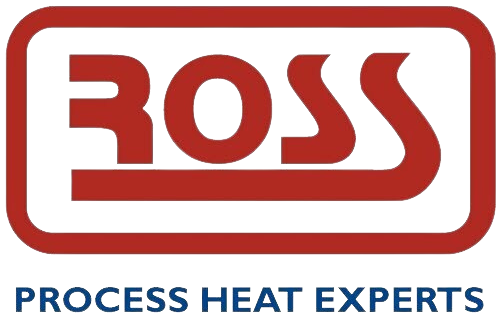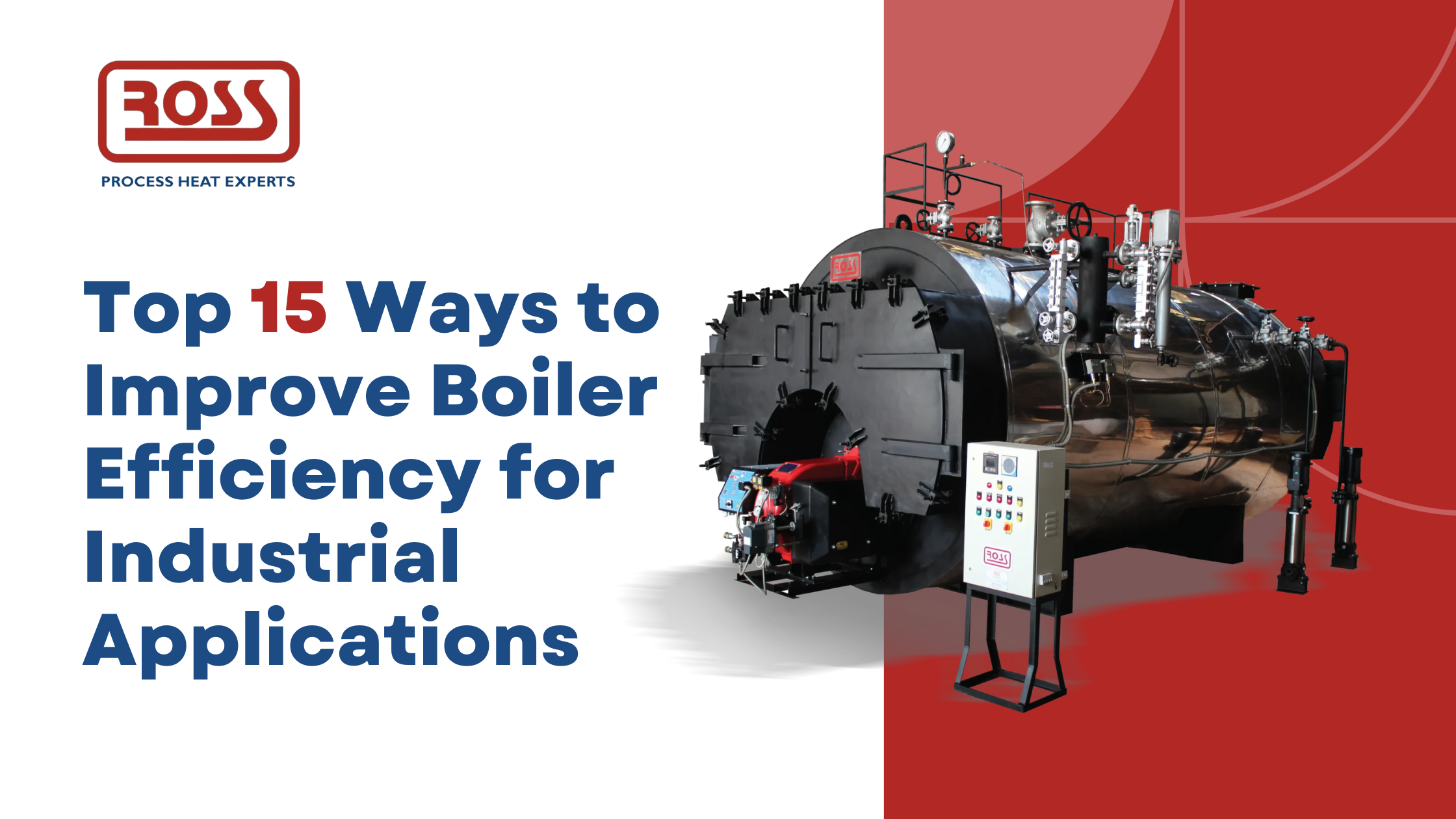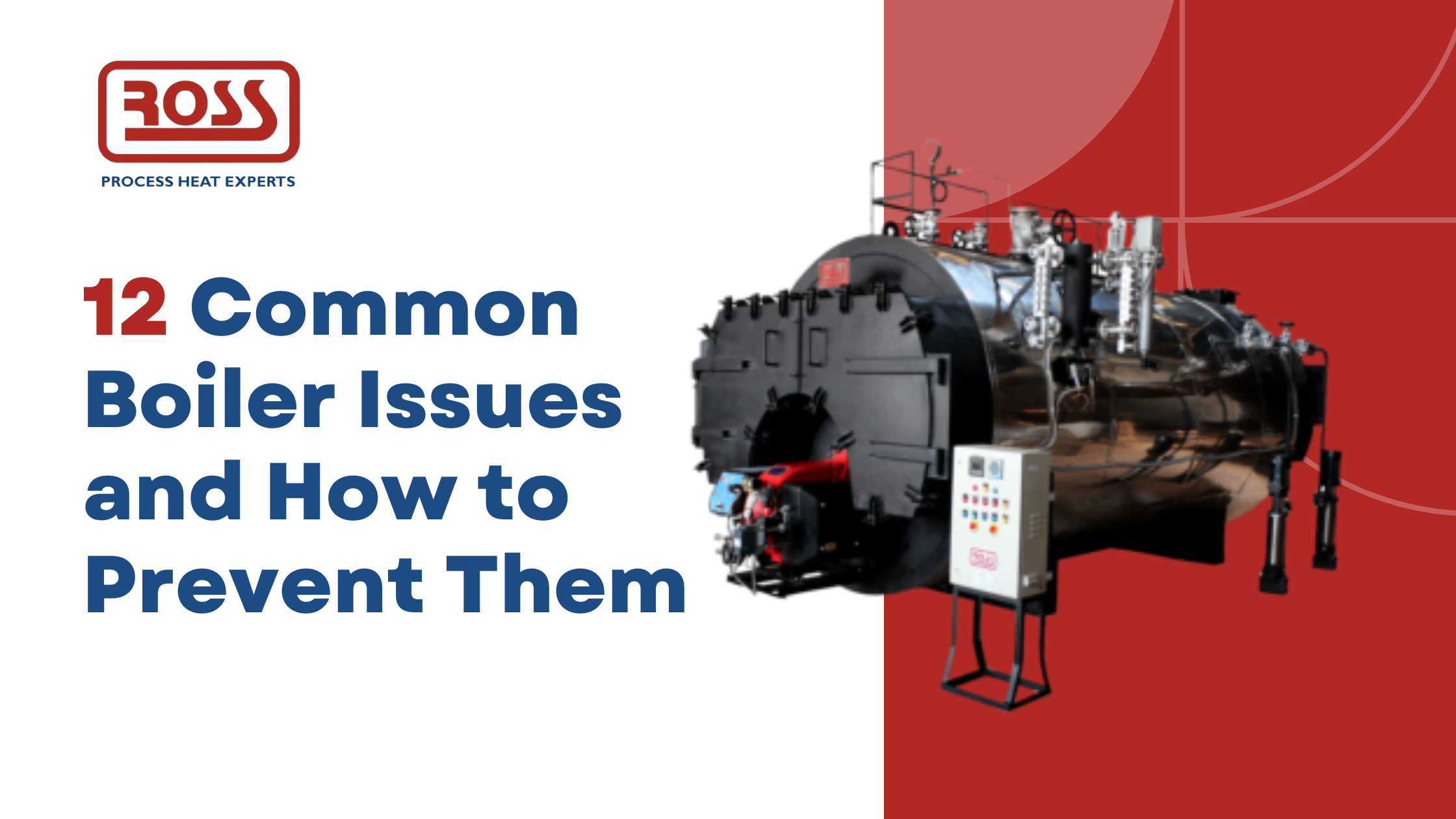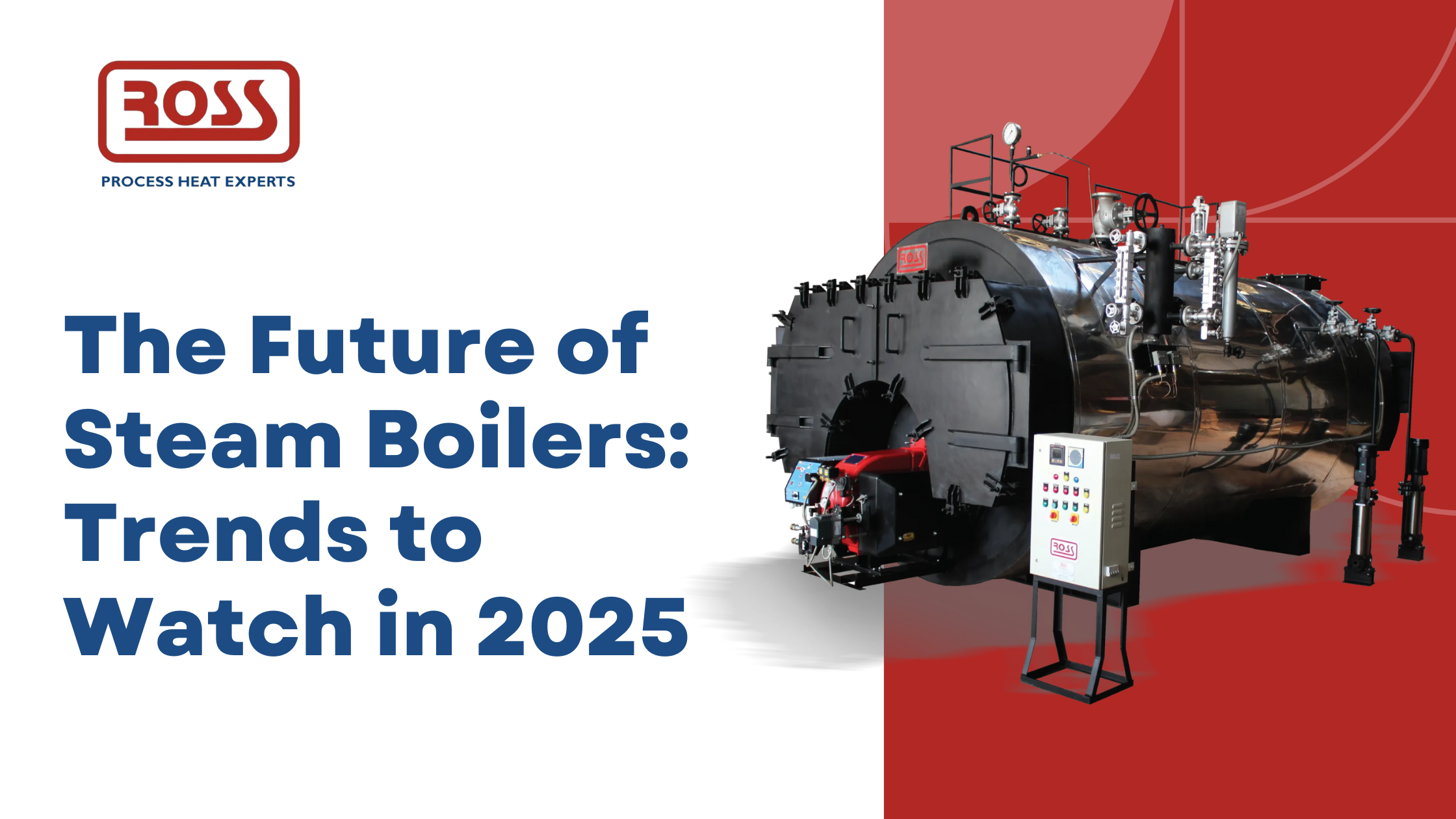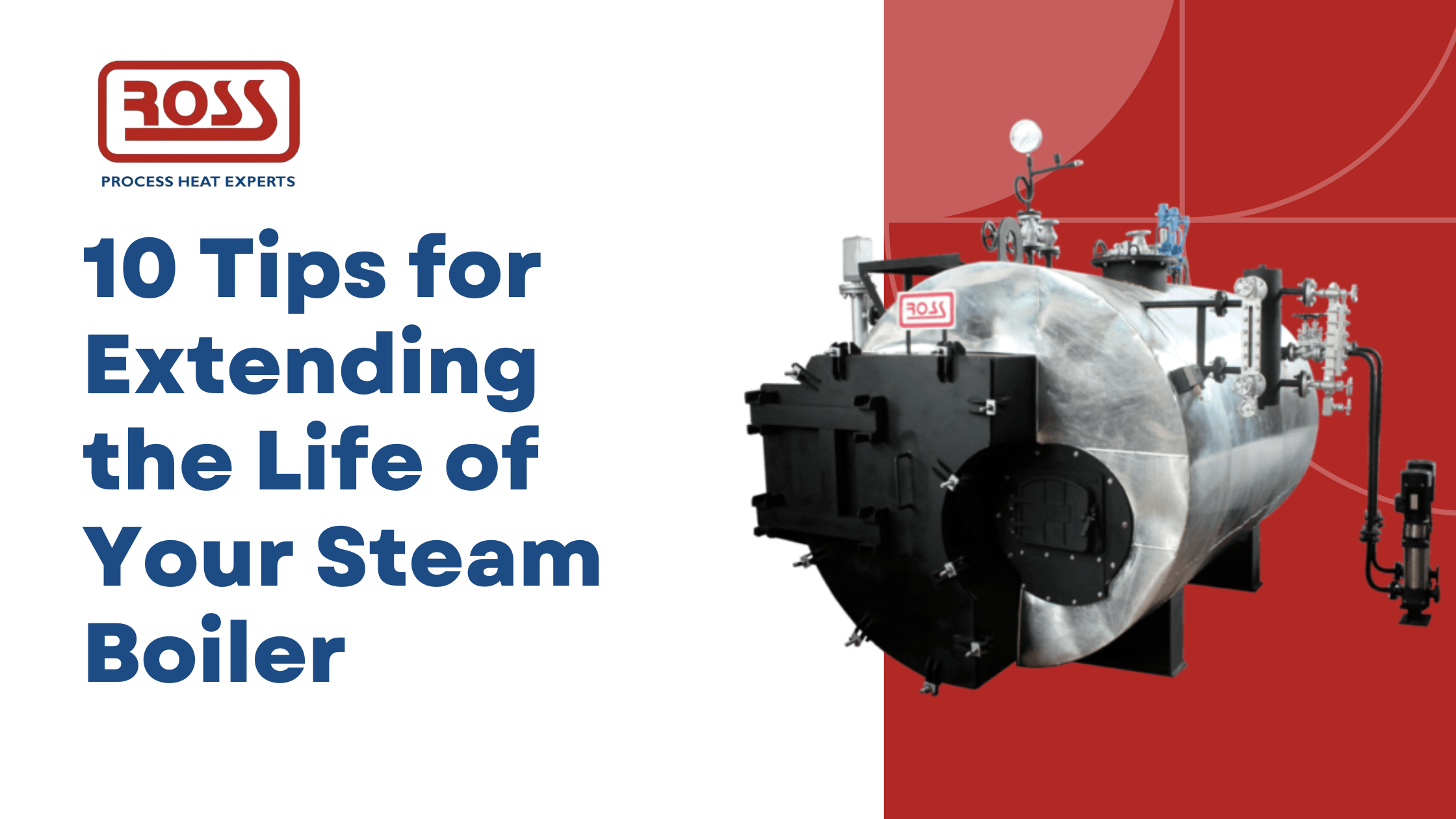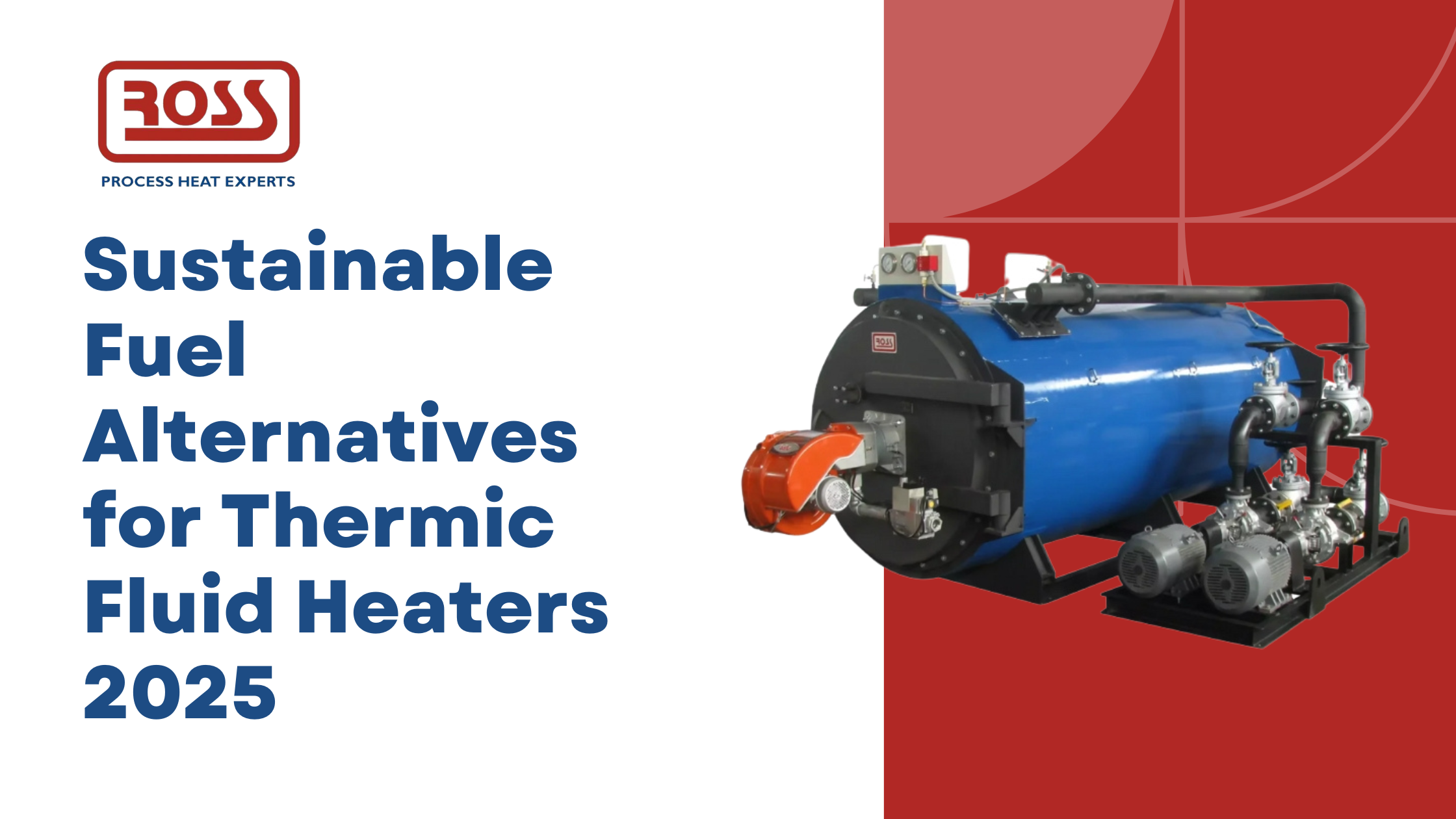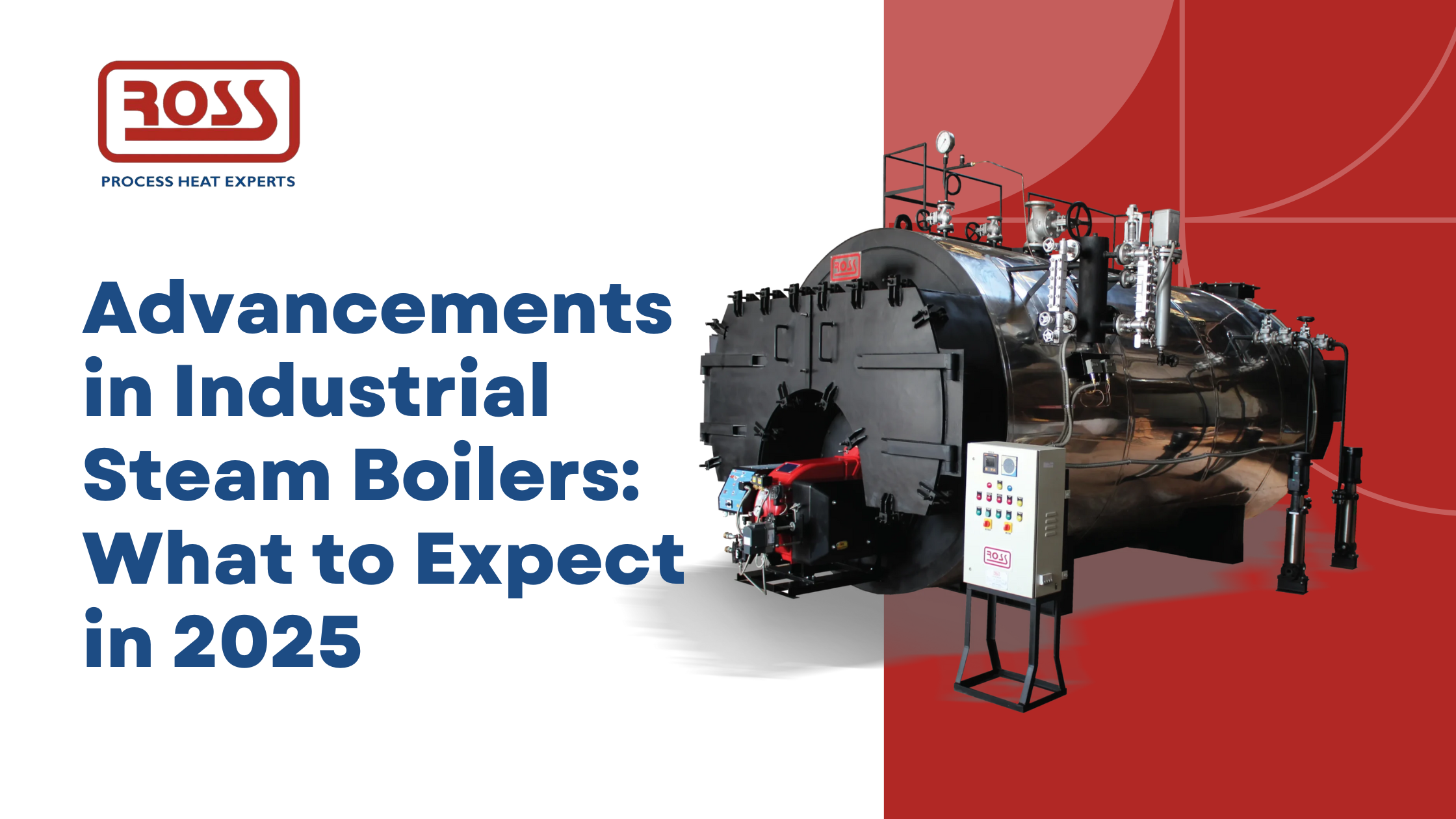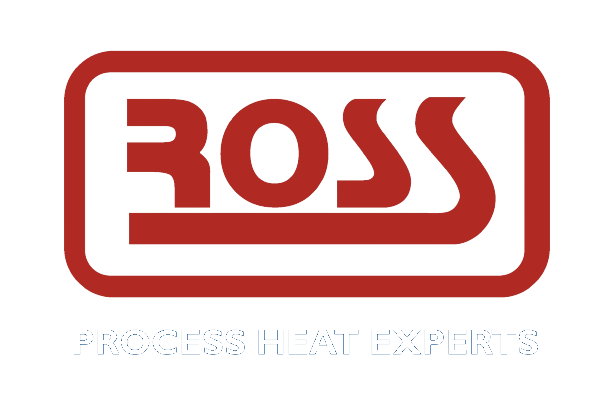The pharmaceutical industry is a critical sector that demands precision, efficiency, and reliability in every process. From the synthesis of active pharmaceutical ingredients (APIs) to the final production of medicines, maintaining an optimal environment is crucial. One of the most vital components in pharmaceutical manufacturing is the boiler. Boilers provide the necessary steam and heat required for various processes, ensuring consistent quality and compliance with stringent industry standards..
How Should the Pharmaceutical Industry Choose a Boiler?
To choose a boiler, the pharmaceutical industry must prioritize several key factors. Firstly, steam quality is paramount, as high-purity steam is critical for sterilization and maintaining aseptic conditions.
Energy efficiency is also crucial to minimize operational costs and environmental impact. Boilers with high thermal efficiency and advanced control systems can significantly reduce fuel consumption.
Regulatory compliance is non-negotiable; boilers must adhere to stringent industry standards and safety regulations.
Additionally, the reliability and ease of maintenance of the boiler are important to avoid downtime and ensure consistent operation. A robust after-sales service and support network can aid in maintaining optimal performance.
Capacity and scalability needs should align with the production demands, ensuring the boiler can handle peak loads while being adaptable to future expansion. Finally, installation space and infrastructure compatibility must be considered, ensuring the boiler fits within the existing setup without requiring extensive modifications.
Common Types of Boilers Used in the Pharmaceutical Industry
1. Solid Fuel Boilers:
These boilers burn solid fuels such as coal, wood, or biomass. They are less common in the pharmaceutical industry due to issues related to emissions and fuel handling but can be used where these fuels are readily available and cost-effective.
2. Oil/Gas-Fired Boilers:
a] Oil-Fired Boilers: These boilers use oil as fuel and are efficient for generating steam. They are relatively easy to install and maintain, making them suitable for various applications, including heating and sterilization.
b] Gas-Fired Boilers: These are the most common in the pharmaceutical industry due to their high efficiency, cleanliness, and ease of use. Natural gas is a preferred fuel because it is cost-effective and produces fewer emissions compared to oil.
3. Multi-Fuel Boilers:
These versatile boilers can run on multiple types of fuels such as oil, gas, and solid fuels. Multi-fuel boilers are advantageous for their flexibility, allowing pharmaceutical plants to switch fuels based on availability and cost, ensuring continuous operation.
Each type of boiler offers unique benefits and considerations, and the choice depends on factors such as fuel availability, cost, regulatory compliance, and specific process requirements within the pharmaceutical facility.
What are the Processes for Which Pharmaceutical Companies Needs Steam Boilers?
1. Sterilization:
Steam generated by boilers is crucial for sterilizing pharmaceutical equipment, instruments, containers, and production areas. This ensures the elimination of microbial contaminants, maintaining aseptic conditions essential for product safety and efficacy.
2. Process Heating:
Boilers provide the necessary heat for various chemical and biological reactions involved in drug manufacturing. This includes processes such as distillation, evaporation, crystallization, and drying of active pharmaceutical ingredients (APIs).
3. Clean-in-Place (CIP) and Steam-in-Place (SIP):
These processes use steam from boilers to clean and sterilize the interior surfaces of equipment and piping systems without disassembly, improving efficiency and reducing downtime.
4. HVAC Systems:
Boilers supply steam or hot water for heating, ventilation, and air conditioning systems within pharmaceutical facilities. This helps maintain controlled environmental conditions crucial for product quality and compliance with regulatory standards.
5. Humidification:
Steam is used to maintain specific humidity levels in controlled environments, which is essential for the production and storage of certain pharmaceutical products.
6. Formulation and Preparation:
Boilers are used in the preparation of various formulations, including solutions, suspensions, and emulsions, by providing the necessary heat to dissolve or blend ingredients uniformly.
7. Utility Generation:
Steam from boilers is used to generate other utilities like hot water, which is used in various auxiliary processes in the production facility.
Conclusion
Choosing the right boiler for pharmaceutical manufacturing is a critical decision that impacts the efficiency, safety, and compliance of your operations. By understanding the different types of boilers, their working principles, and the specific processes that require steam, you can make an informed choice that meets your facility’s needs. Consider factors such as steam demand, quality, energy efficiency, and compliance to ensure you select a boiler that supports your production goals and sustainability efforts. With the right boiler in place, your pharmaceutical manufacturing process will be well-equipped to deliver high-quality products efficiently and reliably.
At Ross Boilers, we design and manufacture industrial steam boilers designed to the specific requirements of our clients. Ross Boilers has been a leading steam boiler manufacturer in Dubai, Al Ain, Ras Al-Khaimah, Sharjah, Middle East, Ajman, Umm Al Quwain, Fujairah, and Abu Dhabi for 25+ years. Contact us to know more.
